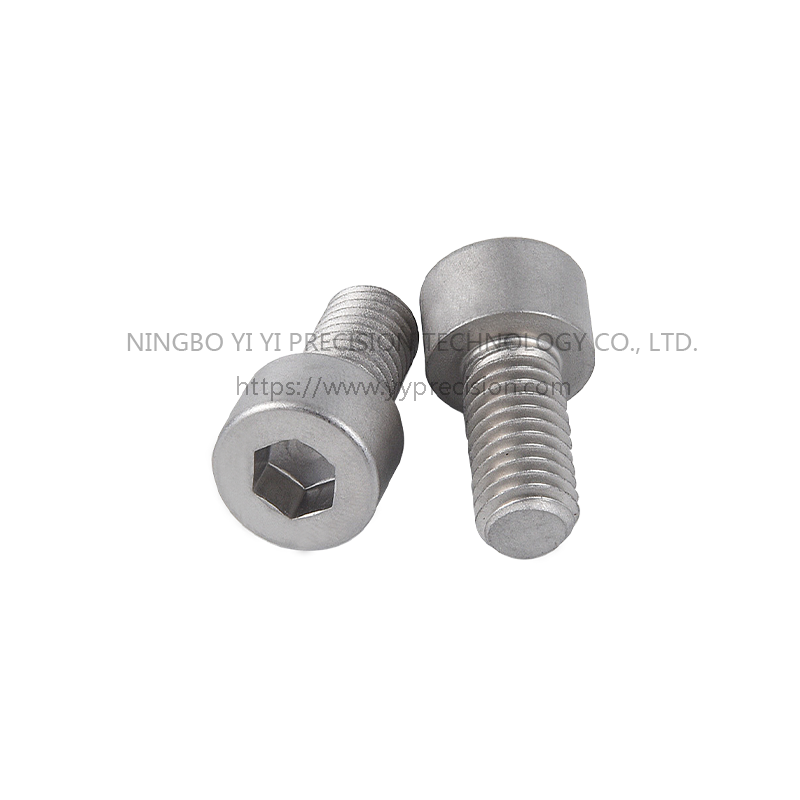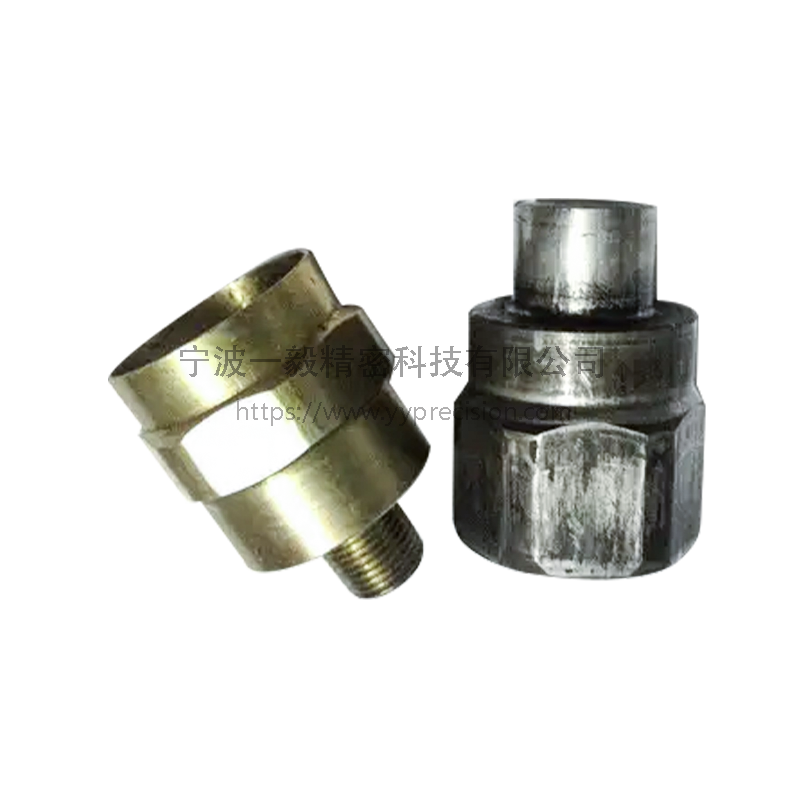In the ever-evolving landscape of the automotive industry, the quest for innovation and efficiency has led to the adoption of advanced manufacturing techniques. One such method gaining prominence is cold heading, particularly in the production of bolts. Bolts play a crucial role in ensuring the structural integrity and safety of vehicles, making their strength and durability paramount considerations.
Cold heading is a process that involves forming metal into a desired shape without the need for heat. In the context of bolt manufacturing, cold heading allows for the creation of complex geometries and precise dimensions, ensuring a higher level of accuracy in the final product. The automotive industry, known for its stringent quality standards, has embraced cold heading as a cost-effective and reliable method for producing high-strength bolts.
One of the key advantages of cold heading bolts lies in their inherent strength. The process involves forcing a metal blank into a die and then shaping it through a series of hammer blows or pressure. This results in a bolt with enhanced mechanical properties, including increased tensile strength and resistance to deformation. In the automotive sector, where safety is of utmost importance, the use of cold heading bolts contributes to the overall robustness of vehicle components.
Durability is another critical factor in the automotive industry, especially considering the harsh operating conditions that vehicles often endure. Cold heading bolts exhibit excellent durability due to their grain structure, which is refined during the cold forming process. This refined grain structure enhances the bolt's fatigue resistance, making it better equipped to withstand cyclic loading and vibrations experienced in various automotive applications. Whether securing critical components in the engine or suspension systems,
cold heading bolts contribute to the overall longevity and reliability of the vehicle.
The lightweight nature of cold heading bolts is advantageous for automotive manufacturers aiming to reduce the overall weight of vehicles, thereby improving fuel efficiency. The cold heading process allows for the production of strong and lightweight bolts, aligning with the industry's growing emphasis on sustainability and environmental consciousness.
The application of
cold heading bolts in the automotive industry brings forth a combination of strength and durability, addressing the industry's evolving needs. As vehicle designs become more intricate and performance-oriented, the adoption of advanced manufacturing techniques like cold heading ensures that bolts not only meet but exceed the stringent requirements for safety and reliability in the modern automotive landscape.

Cold Heading Various Stainless Steel Bolts
Specializing In The Production Of Stainless Steel Contour Screws, End Cross, Plum And Hex Can Be Produced. Hexagon Socket Screws Are Often Used In Machinery, And Have The Advantages Of Easy Fastening, Disassembly, And Not Easy To Slip Corners. The Allen Key Is Generally A 90 ° Turn. One End Of The Bend Is Long And The Other End Is Short. When Screwing With The Short Side, Holding The Long Side Can Save A Lot Of Force And Tighten The Screw Better.

